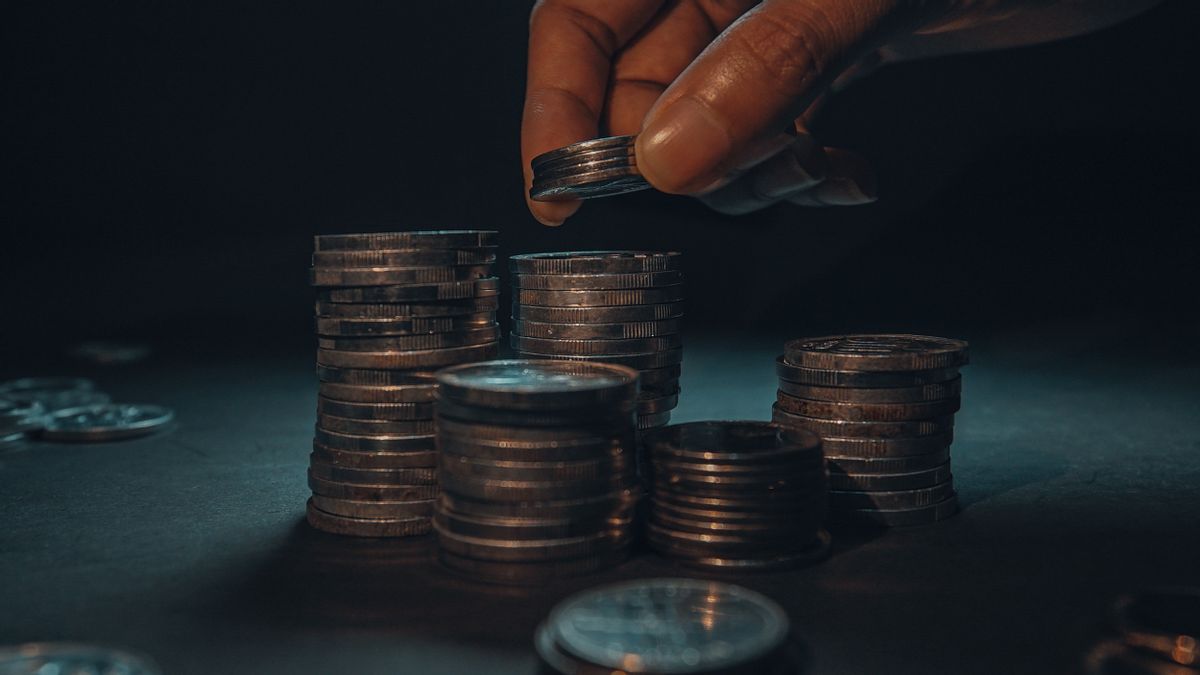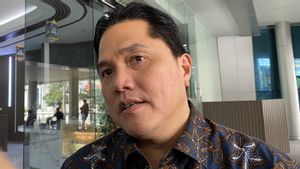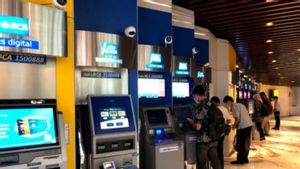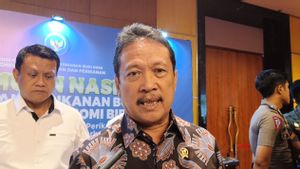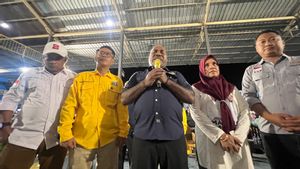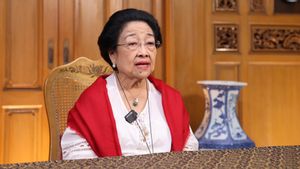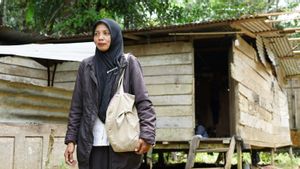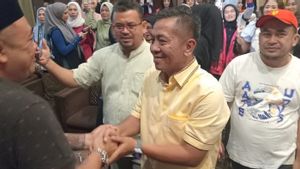JAKARTA - The Directorate General of State Assets (DJKN) provides online socialization regarding the Debt Relief Program to representatives of ministries / agencies (K / L), government hospitals, and state universities that are submitters of state receivables.
Director General of State Assets, Rionald Silaban, said that his party realizes that each classification of debtors requires special handling in terms of approaches and tracking of debtor positions.
"I am sure that both Mr / Ms have more valid data and information regarding debtors. Therefore, I hope there will be more attention to participating in working with the DJKN service unit, compiling a detailed work plan with a continuous evaluation process to make this government program a success, "he said as quoted on the official website, Wednesday, March 17.
Meanwhile, the Director of State Receivables and Other Assets, Lukman Efendi, said that the role of submitting accounts and continuous collaboration is very important in the success of the Debt Relief Program.
"We cannot work alone, because the person who knows the formation of the accounts is the receivable submitter. The responsibility is still attached to the submitter of the accounts receivable. In case something happens, we can hand over the management back to the receivable submitter, "he said.
Lukman also motivated receivables to be able to use the Debt Relief Program as an opportunity to improve bookkeeping in Ministries / Agencies as well as a means of helping stakeholders.
However, he reminded that the receivables do not receive the slightest gratuity due to the convenience they distribute from the Debt Relief Program.
"Keep maintaining integrity," said Lukman.
For information, in PMK Number 15 / PMK.06 / 2021 concerning Settlement of Receivables from Government Agencies, it is stated that the Debt Relief Program is an implementation of the mandate of Article 39 paragraph (2) of the 2021 State Budget Law.
Head of Subdirectorate of State Receivables II Sumarsono said this program was intended to provide support to the people and actors of Micro, Small and Medium Enterprises (MSMEs) in an effort to restore the national economy.
"This can be a separate way to ease the burden on small debtors who are affected by the COVID-19 pandemic, as well as accelerate the outstanding State Receivables from government agencies," he said.
"One thing that we need to understand together is that the crash program is not the write-off of accounts receivable, but the settlement of accounts receivable by giving relief," Sumarsono concluded.
The English, Chinese, Japanese, Arabic, and French versions are automatically generated by the AI. So there may still be inaccuracies in translating, please always see Indonesian as our main language. (system supported by DigitalSiber.id)
